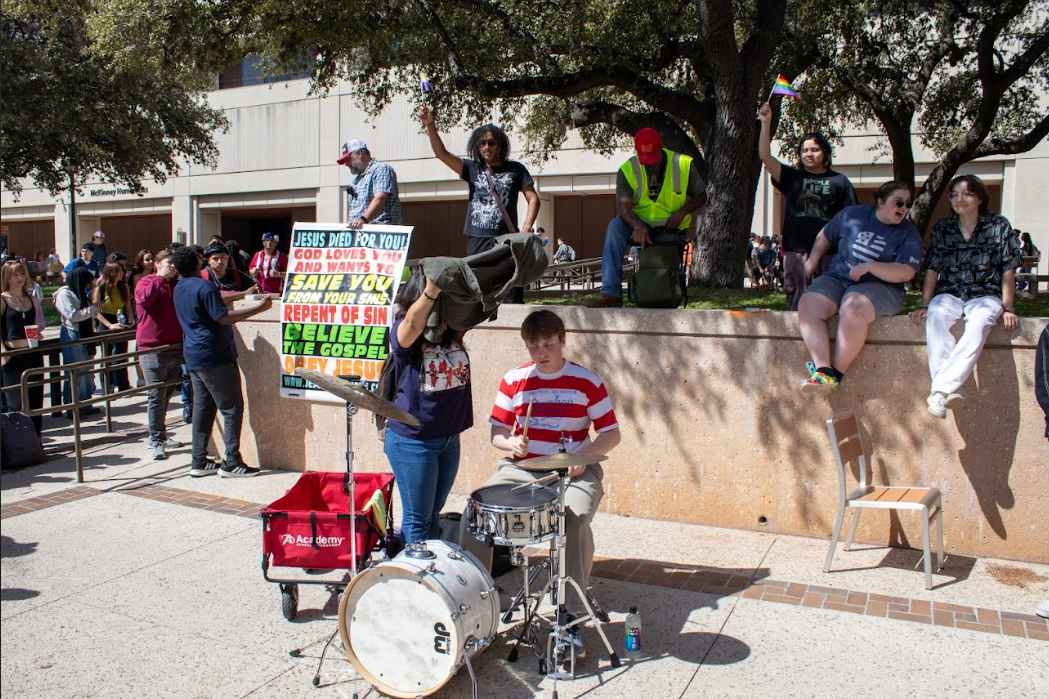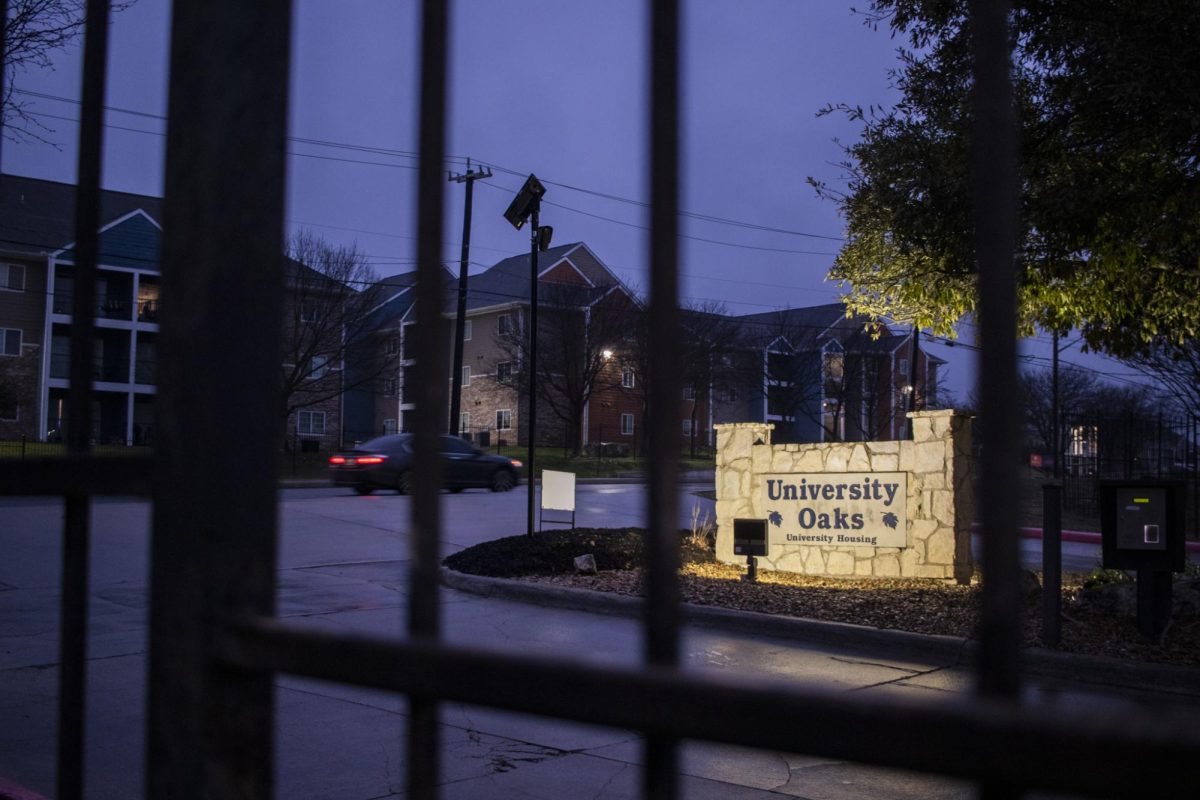
Fabian DeSoto, Paisano
UTSA is already well known as a powerhouse in cyber security education and research. Now, the university has yet another reason to be recognized.
The Department of Homeland Security has selected a UTSA led team to receive a grant in order to develop standards and guidelines for students and faculty wishing to participate in a cyber security information sharing program.
Although the overall process for selection was not disclosed, it is known that the grant proposal was made in collaboration with the Logistics Management Institute (LMI) and the Retail Cyber Intelligence Sharing Center (R-CISC).
“We would not have received this award had we not had the partners that we have, LMI and the R-CISC.” Dr. Greg White, director of the UTSA Center for Infrastructure Assurance and Security (CIAS) and professor of computer science, said, “Both bring their own expertise to the team and together we created a proposal that addressed all aspects required in the submission.”
The project’s end goal is a set of voluntary standards that will allow organizations to create their own Information Sharing and Analysis Organizations (ISAO) and give way to an increase in the current numbers of ISAOs from a couple dozen to the hundreds.
The grant, which will bring $11 million to UTSA over the next five years, is not the first to come to CIAS, though it certainly appears to be the largest and it has had quite an impact. The initiative has brought not only industry, but federal attention to the university. Not to mention, the bonus of knowing that the DHS feels confident the UTSA – led team has the knowledge and ability to meet said goal.
“I believe that the selection of the UTSA team is an indication of both the strength of the assembled team and our proposal as well as the growing confidence in UTSA’s cyber security program at a national level,” said White. “The reputation the university is earning comes about as a result of three things: our graduates, our faculty and our security outreach program.”
This reputation is increasing on a national level, and so is the university’s visibility. In fact, the program is already getting plenty of calls from interested individuals across the country. With the level of interest that the concept of information sharing commands, Dr. White hopes more people will begin to learn about UTSA’s cyber security program and thus increase the reputation the university has as a tech savvy institution to aid researchers.
White says, “It is always good for researchers when those deciding whether to award a grant know something about the university the researcher is from and know something about their reputation.”






